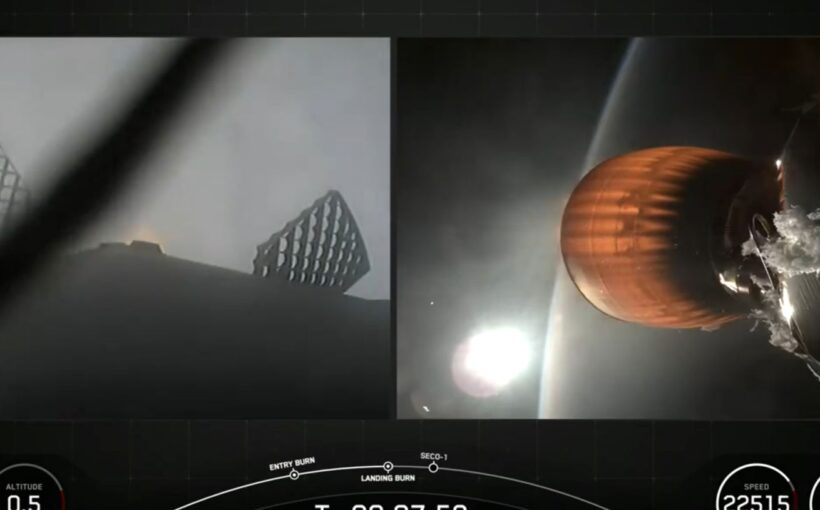
SpaceX’s Falcon 9 rocket experienced an engine failure after it launched late Thursday night from the Vandenberg Space Force Base in California. The mission, Starlink Group 9-3, was carrying Starlink satellites and failed to reignite its upper second stage after developing a leak. “Upper stage restart to raise perigee resulted in an engine RUD for reasons currently unknown,” Elon Musk said overnight, confirming that the engine experienced a “rapid unscheduled disassembly.”
SpaceX:
Falcon 9’s second stage performed its first burn nominally, however a liquid oxygen leak developed on the second stage. After a planned relight of the upper stage engine to raise perigee – or the lowest point of orbit – the Merlin Vacuum engine experienced an…
The company’s statement says it will do a full investigation into the incident in coordination with the Federal Aviation Administration (FAA), the company said on its website. The Falcon 9 has been grounded by the FAA pending the results of the investigation, reports CNBC.
The Falcon 9 has a lot riding on it — literally. It has been used for 52 percent of all orbital launches this year, according to Gunter Krebs’s Orbital Launches tracker. (Thursday’s launch was the 70th Falcon 9 launch in 2024; in all of 2023, the Falcon 9 was used for 96 launches.)
This was the first Falcon 9 failure since 2016 when a rocket exploded on the launch pad.
As a result of the failure, SpaceX said the Starlink satellites were deployed to “a lower than intended orbit.”
On Friday afternoon, the company said it had made contact with 10 satellites of the 20 that had been onboard but noted that the satellites are “in an enormously high-drag environment with their perigee, or lowest point of their elliptical orbit.” The maximum available thrust is “unlikely to be enough to successfully raise the satellites,” SpaceX said, meaning that they will reenter the atmosphere and “fully demise.”
The satellites “do not pose a threat to other satellites in orbit or to public safety,” according to the company.



